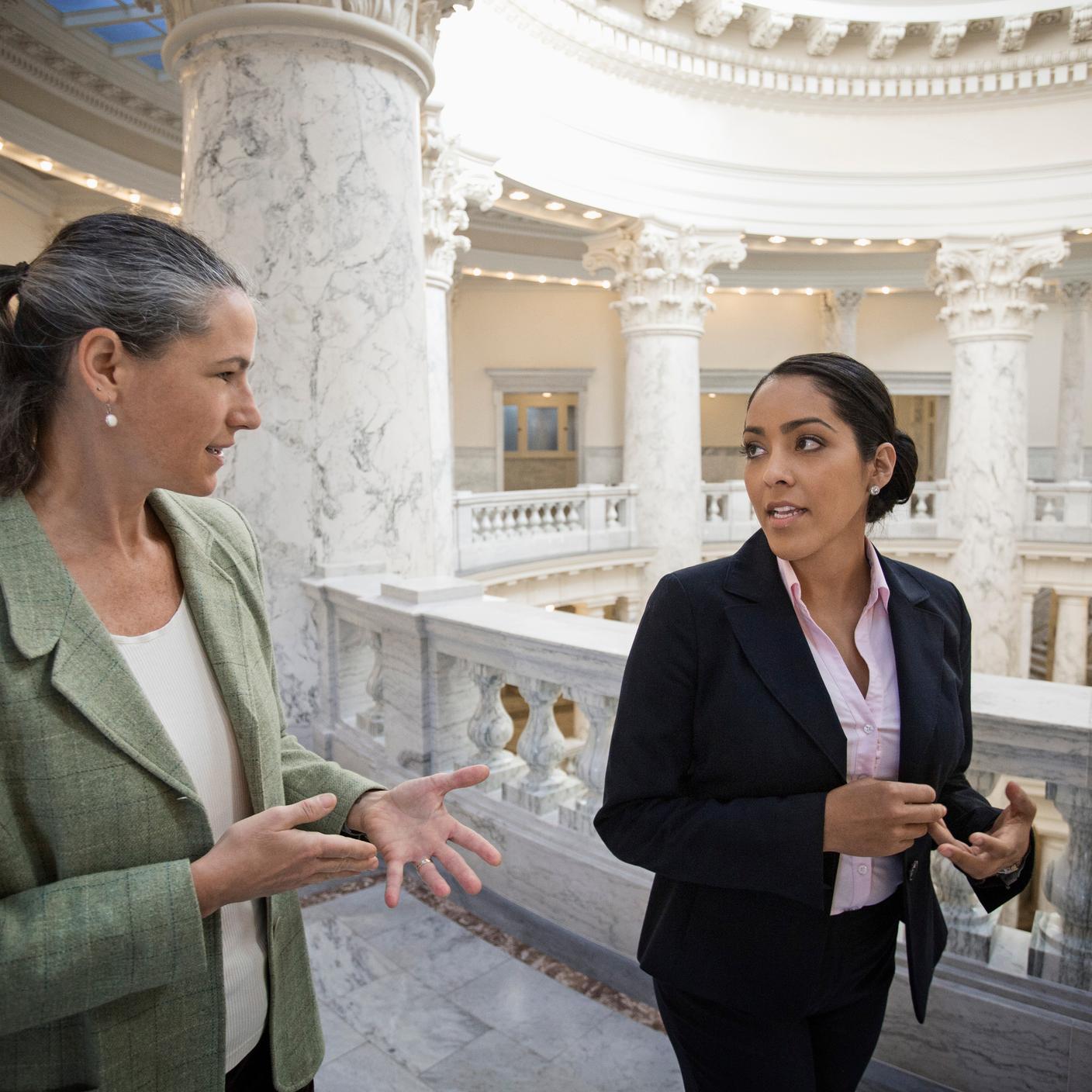Since 1948, the Universal Declaration of Human Rights has clearly defined and widely accepted rights. In 2011, a major step was taken with the UN Guiding Principles on Business and Human Rights, setting global standards to prevent business abuses.
With these principles as a guide, organizations are tasked with navigating the complex landscape where their actions intersect with human rights. These standards embody responsibility and help align business practices with fundamental rights.
This article offers a guide to organizations aiming to navigate and develop a strong human rights policy, with four key steps that can lead to transformation.
In the complex landscape of business ethics and societal well-being, human rights stand as a cornerstone of social responsibility and Environmental, Social & Governance (ESG) initiatives.
Labour rights for ethical accountability
Exploring labour rights reveals ongoing problems like forced and child labour, often hidden by exploitation. Forced labour strips autonomy through tactics like passport control, while child labour harms young people’s well-being and education. This vulnerability deprives children of growth, impacting future generations worldwide.
To address these issues, organizations can follow a transformative path with ethical policies. Regardless of intent, organizations that grasp the need for ethical accountability ensures a dignified future.
Here are 4 actionable steps for organizations seeking to cultivate a strong human rights policy:
1. Leadership: Reflect on your values and use the UN Guiding Principles to define responsibilities. Engage leaders across functions and draw insights from established policies.
2. Stakeholders: Engage employees, worker representatives, shareholders, and others through workshops and surveys to consider diverse perspectives.
3. Policy development: Continuously refine the policy with stakeholder input. Formally state expectations and align operational procedures.
4. Communication: Spread awareness through handbooks, training, contracts, and your website. A robust policy helps navigate changing regulations and future challenges.
Through these steps, organizations can embed human rights in their strategies, fostering a culture of responsibility and sustainable success.
Examining crucial texts such as The International Bill of Rights and the International Labour Organization (ILO) Core Conventions can also provide valuable insights. These frameworks delineate fundamental rights including life, expression, and basic needs, underscoring the imperative to eradicate child labour, forced labour, and discriminatory practices.
Championing labour rights
By embracing standards that champion labour rights, organizations can lead the way to a compassionate and just future. Standards provide a clear roadmap for tackling challenges like forced and child labour, safeguarding vulnerable individuals.
Furthermore, standards establish a framework for responsible practices, directing organizations to uphold human dignity and ethical values. By adopting such standards, organizations not only protect against exploitation but also cultivate a culture of accountability.
Each step taken becomes a stride toward a world where the rights of every individual are honoured and upheld, ensuring a society that values and respects the well-being of all.








